Earth's Place in the Universe

Educators and Parents, Sign Up for The Cheat Sheet
Weekly updates to help you use Science News Explores in the learning environment
Thank you for signing up!
There was a problem signing you up.
-
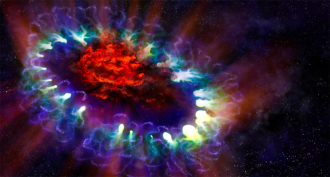 Physics
PhysicsAfter 30 years, this supernova is still sharing secrets
It’s been 30 years since astronomers first witnessed the stellar explosion known as SN 1987A. Today, researchers are still learning from this cataclysmic phenomenon.
-
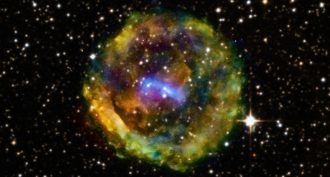 Space
SpaceScientists Say: Supernova
When a star has too much mass, it can explode. The explosion is called a supernova.
-
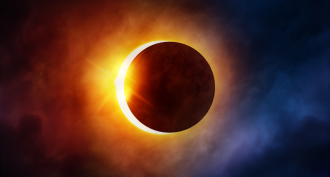 Physics
PhysicsEclipses come in many forms
Eclipses are one of nature’s most awesome spectacles, and scientists have learned a lot by observing them and related celestial alignments — occultations and transits.
By Sid Perkins -
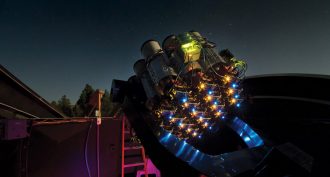 Space
SpaceCosmic mystery: Why are many galaxies dark?
Dark galaxies went unnoticed until 2015. Since then, scientists have now found more than 1,000 — and there may be many, many more.
-
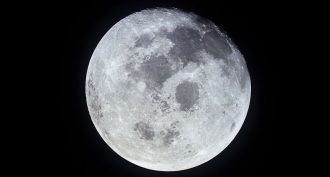 Planets
PlanetsHow Earth got its moon
How did our moon form? Scientists are still debating the answer. It may be the result of some one big impact with Earth — or perhaps many small ones.
-
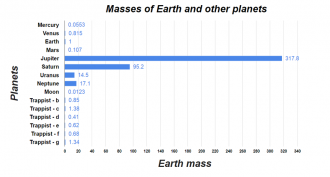 Planets
PlanetsAnalyze This: The masses of planets
Scientists discovered a solar system with planets that are similar in size and mass to Earth. Using data, we take a closer look at that similarity.
-
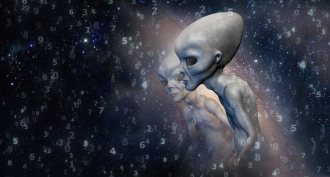 Science & Society
Science & SocietyCool Jobs: Reaching out to E.T. is a numbers game
From figuring out if we’re alone in the universe, to writing messages to aliens, scientists use math in many ways in their search for extraterrestrial intelligence.
By Ilima Loomis -
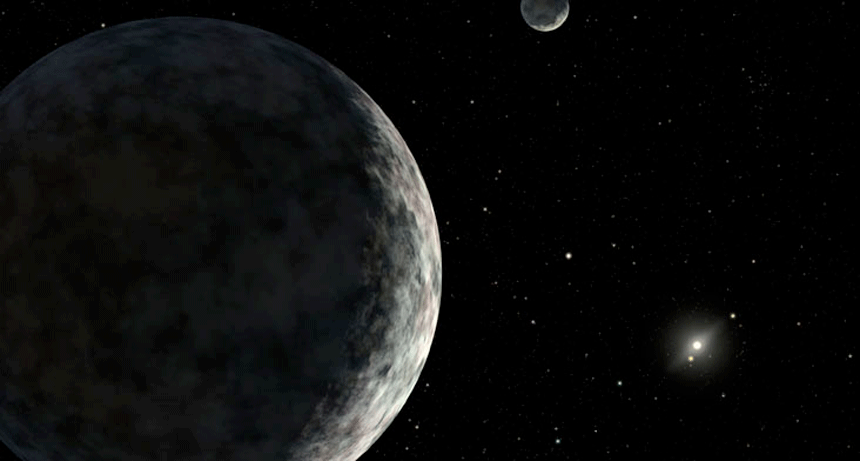 Planets
PlanetsScientists Say: Dwarf planet
Dwarf planets are distinct from the full-size models. A little too small, they also have a lot of space stuff filling their path around the sun.
-
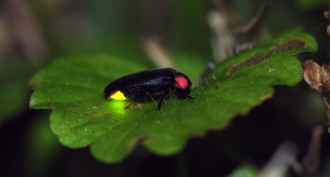 Animals
AnimalsCool Jobs: A world aglow
Three scientists probe how the natural world makes light, in hopes of using this information to design new and better products.
-
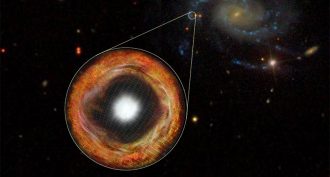 Physics
PhysicsStar caught passing gas before exploding
Stars can become unstable as they near death, a new study suggests. Some may even spew gas for a year or so before they explode.
-
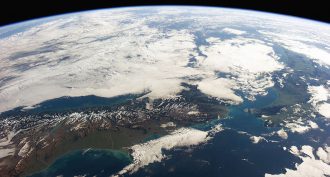 Earth
EarthIs Zealandia a continent?
Geologists are making the case for a new continent, that they would dub Zealandia. It can be found largely submerged beneath the southwestern Pacific Ocean.
-
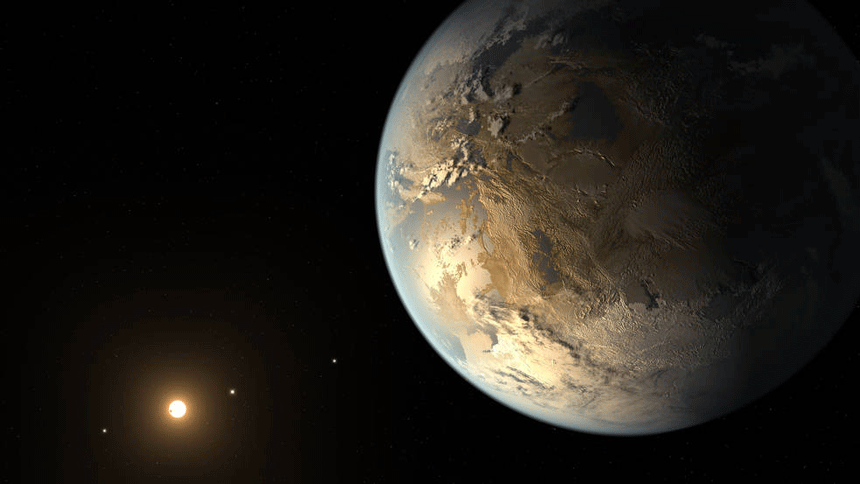 Planets
PlanetsScientists Say: Goldilocks zone
Not too hot, not too cold. Just right. This is the region around a star where water could be a liquid, instead of a solid or gas.